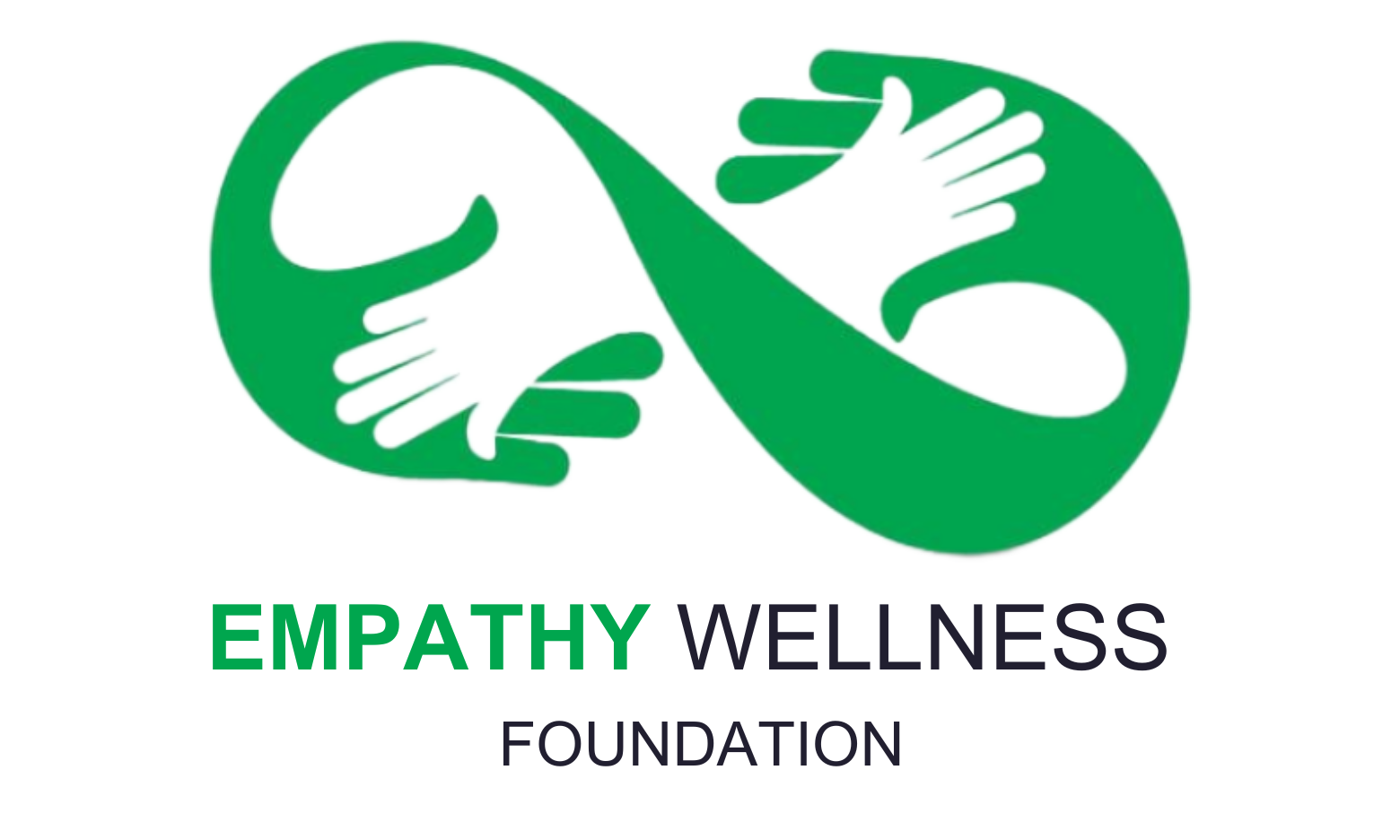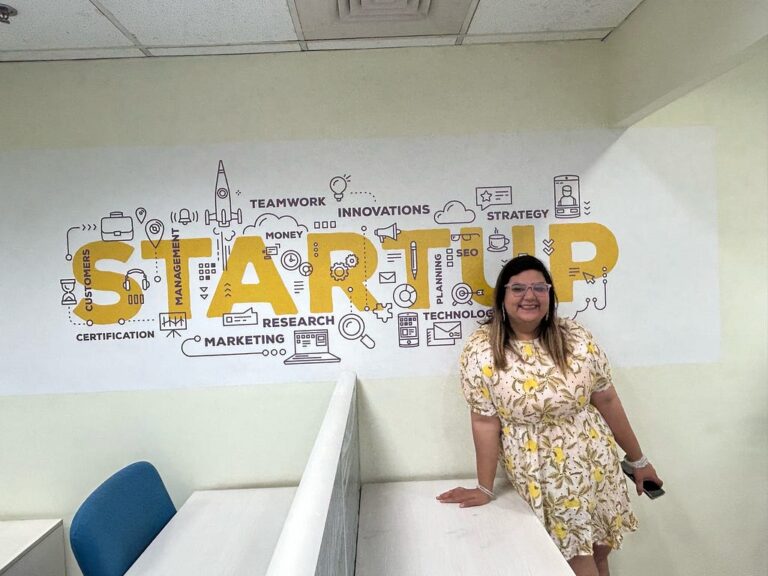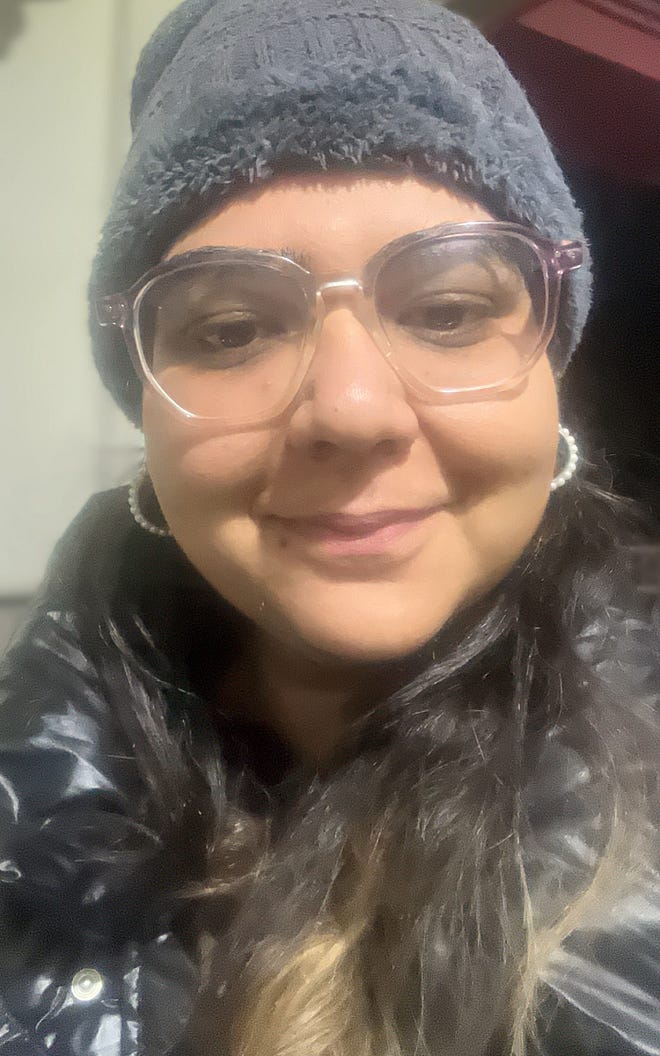The Loneliness Epidemic: Why We Feel Alone in a Connected World
In a world more digitally connected than ever, it’s ironic how many of us feel deeply alone. We scroll through curated social media feeds, exchange likes and emojis, and participate in endless group chats—yet inside, there’s a growing emptiness. We’re more “reachable,” yet often feel invisible. This is the paradox of our times: we are connected, but not truly connected.
Welcome to the loneliness epidemic.
Loneliness Isn’t Just Being Alone
Let’s clear something up—loneliness is not the same as being alone. You can be surrounded by people and still feel lonely. You can be in a relationship, in a crowd, at work, and still feel unseen.
Loneliness is a subjective emotional experience—a sense of disconnection, lack of intimacy, or the feeling that no one truly understands you. It’s not about how many people are around, but how connected you feel to them.
In recent years, loneliness has become a growing mental health concern globally. Studies show it can be just as harmful to health as smoking 15 cigarettes a day. It’s linked to depression, anxiety, poor sleep, weakened immunity, and even early mortality. But despite its prevalence, loneliness often remains unspoken—pushed into the shadows because admitting it can feel like admitting failure.
Why Are We So Lonely in a Hyperconnected World?
We were promised that technology would bring us together—and in some ways, it has. But connection without depth can leave us more isolated than before.
Here are a few reasons the loneliness epidemic is growing:
- Superficial Digital Interactions
Social media gives us the illusion of connection. But likes, comments, and online friendships often lack the emotional depth and vulnerability that nourish real relationships. We’re “talking” more, but connecting less.
- Busy Lives, Shallow Conversations
We’re over-scheduled, overworked, and overstimulated. In the rush of daily life, deep conversations and quality time often fall by the wayside. We trade vulnerability for convenience.
- Stigma Around Struggle
Many people are afraid to say they feel lonely—it’s seen as embarrassing or as a sign of being socially inadequate. This silence only deepens the feeling and makes it harder to reach out.
- Unrealistic Standards
Constant exposure to “highlight reels” on social media makes us feel like everyone else has more friends, more fun, and better lives. It amplifies our sense of missing out and feeling left behind.
- Cultural Shifts Toward Independence
Modern culture praises independence and self-sufficiency. While these traits are valuable, they can also lead to isolation if they discourage asking for help or admitting we need connection.
So, What Can We Do?
The first step is recognising that loneliness is valid and common. There is no shame in feeling disconnected. In fact, acknowledging it is a sign of emotional awareness and courage.
Here are a few gentle steps toward connection:
- Prioritise Depth Over Quantity
- One or two meaningful connections are far more nourishing than dozens of shallow ones. Focus on the people who allow you to be your full self.
- Be Vulnerable
- It’s hard, but vulnerability is the gateway to intimacy. Reach out. Be honest. Say, “I’ve been feeling disconnected lately. Can we talk?”
- Limit Social Media Comparison
- Remind yourself that what you see online is curated, not reality. You’re not the only one feeling left out or lonely—even if no one talks about it.
- Join Communities with Shared Purpose
- Whether it’s a local club, support group, or online forum, connecting around shared interests or struggles can foster authentic bonds.
- Talk to a Therapist
- If loneliness is overwhelming or persistent, therapy can offer a safe space to explore your feelings and build emotional tools to reconnect—with others and with yourself.
- Reconnect With Yourself
- Sometimes loneliness is a signal to deepen the relationship you have with you. Journaling, mindfulness, and self-compassion practices can ground you in your own presence.







